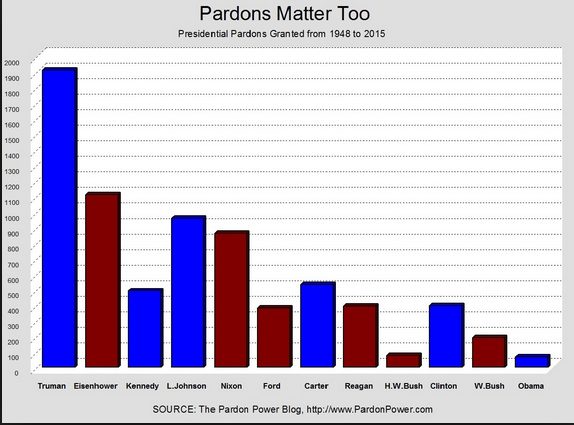President Trump is in a pardon frenzy. Last month, he dispensed absolution for boxer Jack Johnson and pundit Dinesh D’Souza, and this past week — before pardoning Alice Marie Johnson at the request of Kim Kardashian West — he declared that he can even pardon himself. A White House official told The Washington Post that Trump is now “obsessed” with pardons, his new “favorite thing.” The pardon power is the most kinglike power our presidents have; they can apply it whenever and to whomever they like. Still, many misconceptions surround this constitutional perquisite.
Five Myths About Presidential Pardons
— Brian C. Kalt, a law professor and the Harold Norris faculty scholar at Michigan State University, is the author of “Constitutional Cliffhangers: A Legal Guide for Presidents and Their Enemies.”




